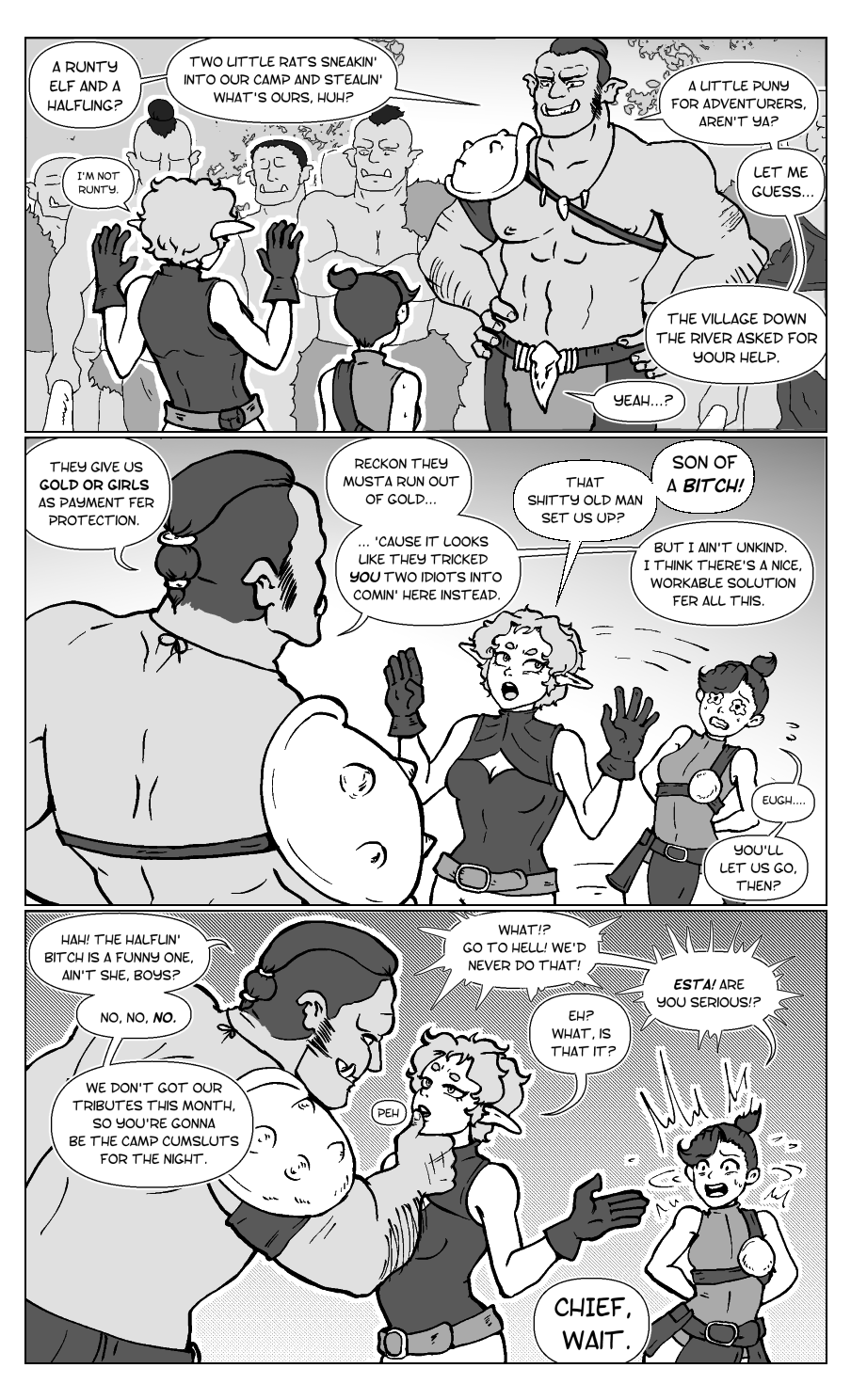In the realm of literature and media, there exists a narrative trope that often sparks debate and controversy – dubcon, short for dubious consent. It’s a concept that walks a fine line between consent and coercion, blurring the boundaries of morality and ethics in storytelling. But what exactly is dubcon, and why does it ignite such fervent discussions among audiences?
Dubcon refers to situations depicted in fiction where consent to sexual activity is unclear or ambiguous. It typically involves scenarios where one character is not fully able to give consent due to coercion, manipulation, intoxication, or other factors, yet the encounter may still proceed. This often leads to complex power dynamics between characters and raises questions about the portrayal of consent in media.
One of the defining characteristics of dubcon is the ambiguity surrounding consent. Unlike instances of clear non-consensual acts such as rape or sexual assault, dubcon scenarios present a gray area where the lines between willing participation and coercion are blurred. This ambiguity can be deliberate on the part of the author or creator, serving to challenge the audience’s perceptions and provoke thought on the complexities of human relationships.
Dubcon can manifest in various forms across different genres of fiction, including literature, film, television, and fanfiction. It’s frequently found in romance novels, erotica, and certain subgenres of speculative fiction such as fantasy and science fiction. In these genres, authors often explore themes of desire, power, and control, using dubcon as a narrative device to delve into the darker aspects of human nature.
Table of Contents
ToggleNarratives
Critics of dubcon argue that its portrayal in media can perpetuate harmful stereotypes and normalize problematic behavior. They argue that depicting scenarios where consent is ambiguous or coerced may trivialize the seriousness of sexual consent and perpetuate harmful attitudes towards consent in real-life relationships. Additionally, some critics contend that dubcon narratives may be triggering for survivors of sexual violence, as they may evoke traumatic experiences or minimize the impact of non-consensual acts.
On the other hand, proponents of dubcon argue that it serves as a tool for exploring complex and nuanced aspects of human sexuality and relationships. They contend that fiction should be allowed to explore uncomfortable or taboo subjects, including those related to consent, in order to provoke thought and facilitate discussions about important social issues. Furthermore, they argue that dubcon can be a means of escapism for readers and viewers, allowing them to engage with challenging themes in a safe and controlled environment.
Navigating the complexities of dubcon requires a nuanced understanding of consent, power dynamics, and narrative intent. While some may find it a provocative and thought-provoking literary device, others may view it as problematic or potentially harmful. Ultimately, the interpretation of dubcon and its implications will vary depending on individual perspectives and experiences.
Conclusion
Dubcon remains a contentious and divisive topic in the realm of fiction, sparking debates about the portrayal of consent and power dynamics in storytelling. Whether viewed as a valuable tool for exploring complex themes or as a problematic narrative device, dubcon prompts important discussions about the boundaries of consent and the responsibilities of creators in depicting sensitive subject matter. As audiences continue to grapple with these issues, the debate surrounding dubcon is likely to endure, challenging us to confront uncomfortable truths and interrogate our perceptions of morality and ethics in fiction.










